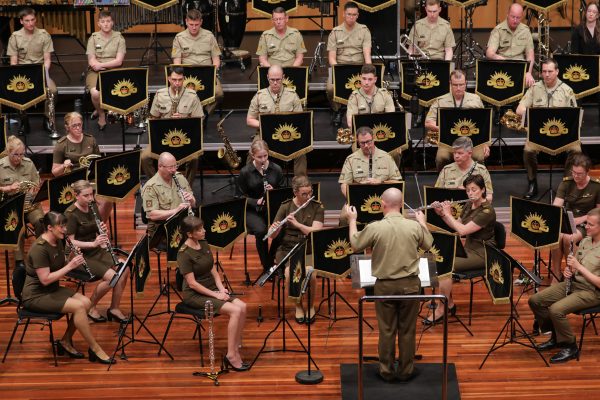
Music / “Masterworks for Winds”, Band of the Royal Military College. At Llewellyn Hall, September 30. Reviewed by LEN POWER.
LOOKING at the resplendent uniformed large band with its sparkling instruments on the stage at Llewellyn Hall, we quickly realised we were part of a major event.
We were not disappointed as the band performed for more than two hours a program of five works for wind instruments with skill and obvious enjoyment.
The second officer in command, Capt Natalie Dajski, conducted the first work, “Second Suite In F”, a 1922 work by Gustav Holst. It was a good work to begin the concert with its robust march that showed the band at its best with its full-bodied sound.
The second part of the work, “Song Without Words, ‘I’ll Love My Love’” showed the band’s ability to play sensitive, melodic music of great beauty. It was followed by “Song of the Blacksmith”, a part full of character and it concluded with “Fantasia on the Dargason”, a bright, melodic piece with a great finale.
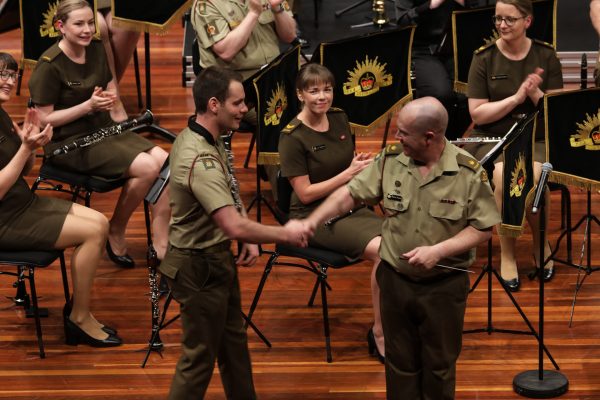
Music director Major Matt O’Keeffe, then conducted the 2012 “2nd Clarinet Concerto” by Spain’s Óscar Navarro. Band member Cameron McPherson played the solo clarinet for this work and showed his mastery of the instrument with a performance of haunting sensitivity. The band accompanied him very well throughout, right up to the thrilling finale.
Each of the works, introduced by the conductor, told a story and the next work, “Internal Combustion”, a 1999 piece by the American composer, David Gillingham, was no exception. From its dynamic opening, the work was clearly an homage to the motor car. The orchestra appeared to have great fun playing it, which was tinged with the humour of all the familiar sounds interpreted musically. The finale was spectacularly played.
After an interval, the orchestra played “Traveller”, a 2003 work by the American composer, David Maslanka. From its dramatic opening through to its quiet, reflective ending, this piece covered all the stages of life’s journey. The band gave it a fine performance.
The final work of the evening, “Symphony No. 1 – Leunig’s Prayer Book” was surprisingly introduced in by its composer, Australian Jodie Blackshaw. Her clear description of its meaning gave the music extra depth of understanding. Based on the four prayers of the Australian cartoonist, Michael Leunig, the work depicted a journey through life leading to the creation of a new sun, symbolic of a new life. The orchestra played this demanding work with colourful precision and great clarity, bringing this memorable concert to a thrilling close.
Who can be trusted?
In a world of spin and confusion, there’s never been a more important time to support independent journalism in Canberra.
If you trust our work online and want to enforce the power of independent voices, I invite you to make a small contribution.
Every dollar of support is invested back into our journalism to help keep citynews.com.au strong and free.
Thank you,
Ian Meikle, editor
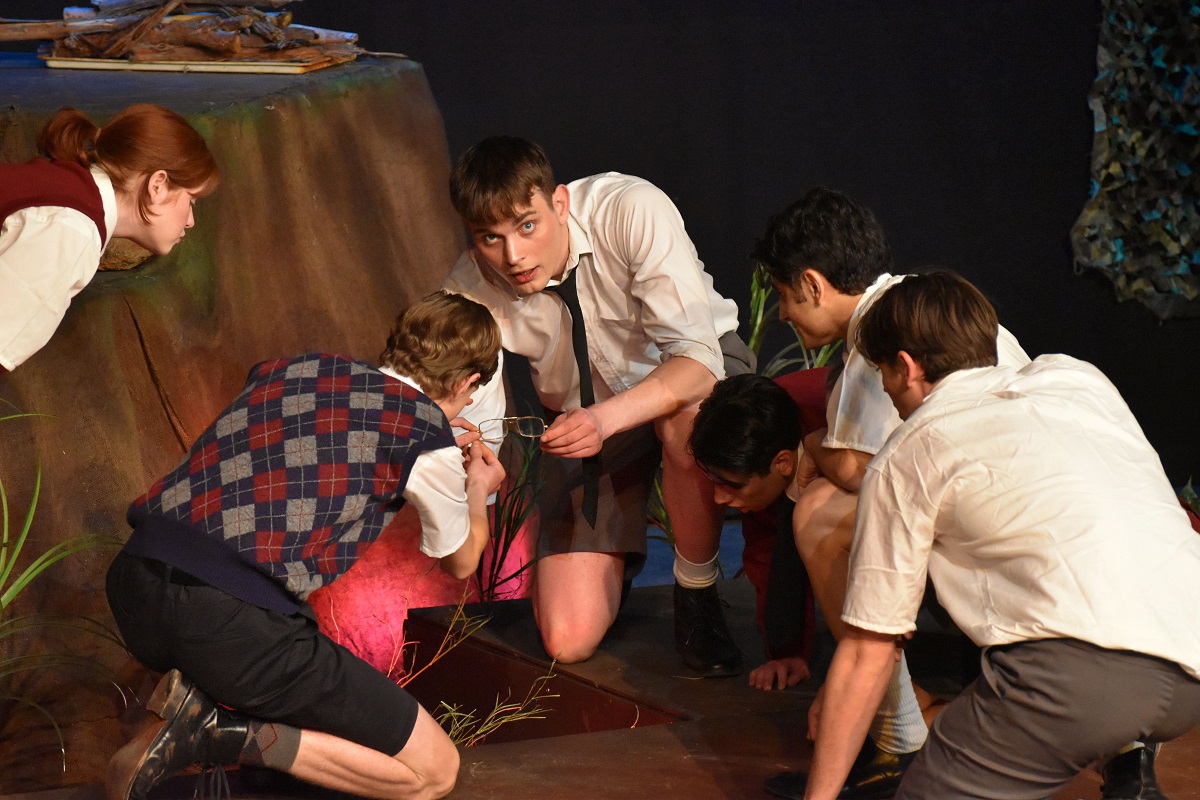
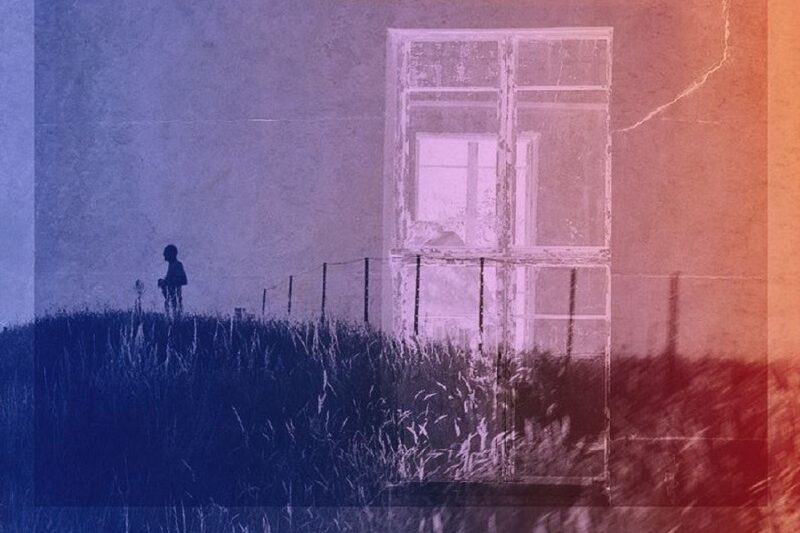
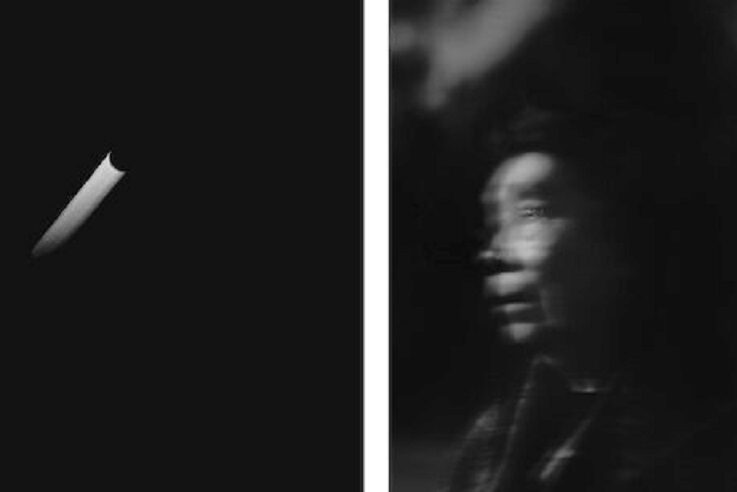

Leave a Reply